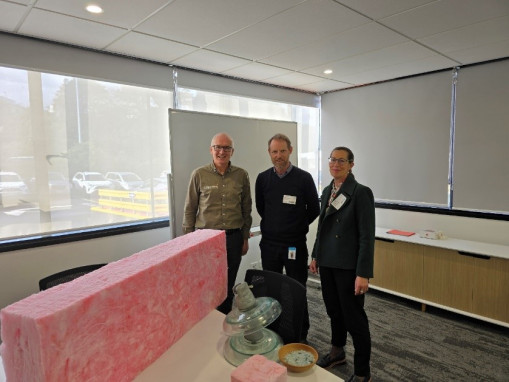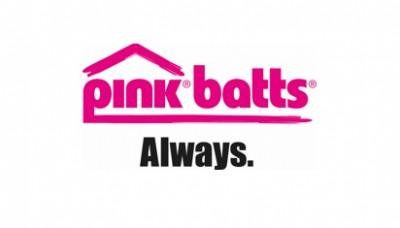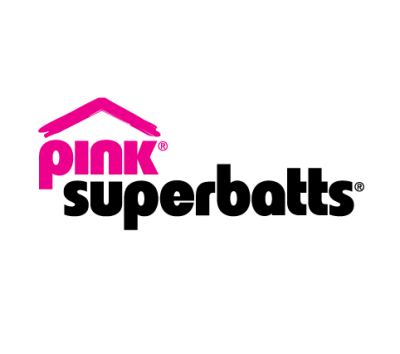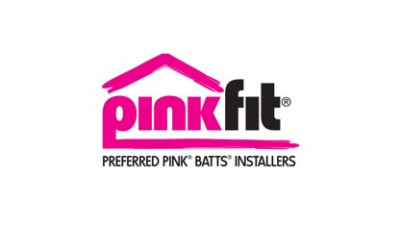
Hit enter to search or ESC to close
Transpower glass insulators get a second life with Pink® Batts® insulation
At Comfortech®, we truly care about the country that we’re lucky enough to call home and remain committed to improving our sustainability capabilities, including using over 80% recycled glass in our Pink® Batts® insulation. We use local New Zealand glass waste, sourced by 5R Solutions who specialise in window glass waste recovering. Through this recycling process, we divert approximately 9 million kilograms of glass waste from landfill each year.
Our relationships are every bit as important as the product we make, which is why we were so pleased to support Transpower with their sustainability initiative – an opportunity to turn glass waste into an advantage!
Transpower is the owner and operator of New Zealand's electricity grid, which keeps the power flowing across the country. They provide and maintain the infrastructure and market systems which connect electricity generators to major electricity users and distribution networks.
Transpower were looking at ways to recycle their glass insulators from pylons once they reached end-of-life. It was only when Transpower identified 5R Solutions that recycling became a serious prospect. Their experience included collecting vehicle windscreens and other plate glass, and our existing relationship with 5R made them an ideal partner for Transpower.
Our Manufacturing Manager, Murray Inwood has been instrumental in this process, helping to bring Transpower’s initiative to life. Today, we are successfully recycling Transpower’s glass insulators back into our Pink® Batts® insulation.
To celebrate this success, we recently welcomed Transpower team members, Raewyn Moss, Matt Walker and 5R’s Managing Director, Chris Grant to our Comfortech® Head Office in Penrose, where we manufacture our Pink® Batts® insulation.
Matt said "The manufacturing process was fascinating to see. The plant includes a melt furnace, the spinning of molten glass into fibres which then mesh in an airstream, to form glass wool the product we are all familiar with for conserving energy in our homes. It's a fitting end for our waste materials."

From left to right: Murray Inwood (Manufacturing Manager, Comfortech®), Mathew Walker, Raewyn Moss
The Process
Initially, Transpower had to find a business willing to process the insulators for recycling and agree on a safe and efficient way to collect and transport the insulators from around the country to the processing sites. They approached several potential users, whose interests didn't line up with their own, until they found 5R Solutions.

Typical glass insulator string at left and separated stub, cement and pin for metal recycling at centre and glass for recycling at right
For the initiative to be a success, the insulator components needed to be safely separated, given they have toughened glass skirts, bonded by cement to steel stubs and interconnecting pins. It was up to 5R Solutions to demonstrate that they could perform this safely.
Our Pink® Batts® manufacturing plant operates a continuous process, critically sensitive to glass viscosity. Therefore, the toughened insulator glass needed to be sent overseas to the United States of America for testing and to advise if the material mix would have issues during the manufacturing processes.
This recycling scheme includes increased transportation of glass insulators, ultimately to the re-manufacturing sites in Auckland. Insulators are currently transported to regional landfill sites. The impacts of the increased transport (for example carbon emissions) are far outweighed by the much lower carbon footprint of manufacturing from recycled glass than from virgin raw materials, (and the extraction, processing and transport that involves). A study for another national glass source which considered recycled glass transported to Auckland from South Island for glass bottle manufacture demonstrated the sustainability benefits of glass recycling, even where national transport of materials was required.
This glass insulator recycling initiative by Transpower will divert 127 tonnes of insulators from landfill per annum - equivalent to over 60 cars! It gets Transpower halfway towards their target to reduce the proportion of landfilled waste by 30% between 2022/23 and 2030 and will also reduce disposal costs by approximately 30%. With landfill levy increases announced last month, the cost-benefit of this initiative will only go up.
We are thrilled to partner with Transpower and 5R Solutions on this sustainability initiative, helping Transpower to get closer to achieving their targets and acting on our commitment to the New Zealand environment.



